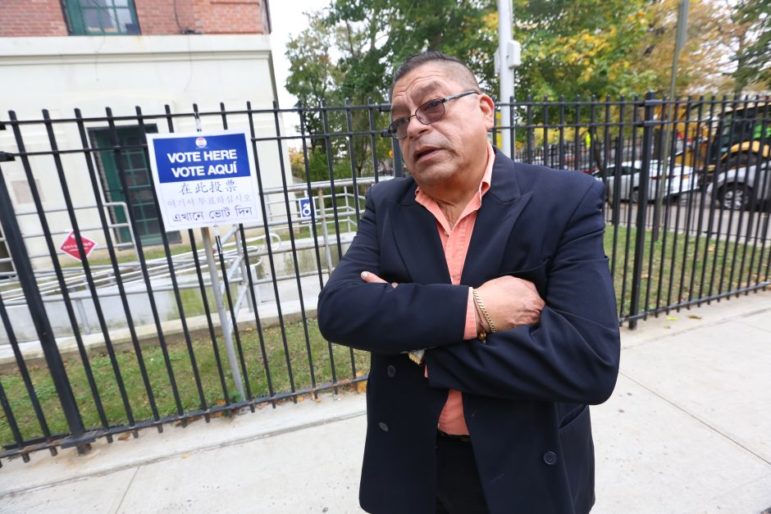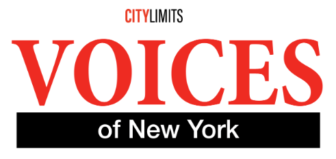
Hispanic voters discuss the election held November 5.
Read the original story in Spanish from El Diario
Translated and condensed by Carlos Rodríguez Martorell
The last election day of 2019 kicked off at 6 a.m. on Tuesday, Nov. 5, with over 4 million registered voters. Judging from the turnout seen in many voting sites, low attendance was the common denominator.
Voters in the Big Apple were asked to cast ballots for court judges, Public Advocate, Queens District Attorney and for a new Council member to represent Brooklyn’s District 45. In addition to low turnout, several Latino voters admitted that they were not only uninformed about the candidates running for the seats in question, but said they didn’t know the ballot would also include five questions regarding amendments to the City Charter.
“I came out to vote because it is a commitment that we, as the Latino community, must meet in order to show our power, but I have to be honest and say that I did not know about the questions they are putting up for vote or about the Queens District Attorney seat,” said Ecuador native Manuel Cuzco after casting his ballot at P.S. 16 in Queens.
He added that he wanted more information to be widely available for the next election. “I think they need to invest resources to better tell us Hispanic voters what is at stake so we can understand everything more clearly.”
Dominican-born Mercedes Hernández shared these views, saying she made most of her ballot selections based on party affiliation.

Voices of New York spotlights ethnic and community reporting from around the city. Click here to read more.
“I had no idea there would be [Charter revision] questions, and I don’t even understand them, but I voted, and I did so for candidates that I don’t even know: I choose everyone who is a Democrat,” she said.
The scene was similar at Astoria’s voting sites. At the polls on 35th Avenue, Colombian-born Juan Castillo also said he was unaware there would be charter questions included on the ballot.
“I was clear that I would be voting for the Public Advocate and the Queens District Attorney, but I did not know that there would be all these strange questions and other things about the courts, so what I did was choose all the Democrats I saw who were women. As for the questions, I said yes to some and no to others as I tried to understand,” he admitted.
Tuesday’s election took place almost two weeks after New York implemented early voting for the first time, which constituents like José Lora, from Peru, theorized may help explain the sparse crowds on Election Day.
“I think many people voted in the last few days and that that may be the reason why there are fewer people. I want to think that. Otherwise, it would be very worrying if Latinos who can vote do not participate in these processes, which are crucial to our future,” said the language instructor.
The five-question ballot proposing amendments to the City Charter asked voters whether they wanted to have the choice to rank as many as five candidates in primary and special elections, increase the number of members in the Civilian Complaint Review Board and grant it new powers, change lobbying rules, and reconfigure the Conflict of Interest Board.
It also asked about establishing minimum budgets for some city offices, enabling the creation of a rainy-day fund, and expand the timeline for notification and review of applications to the City’s Uniform Land Use Review Procedure.








